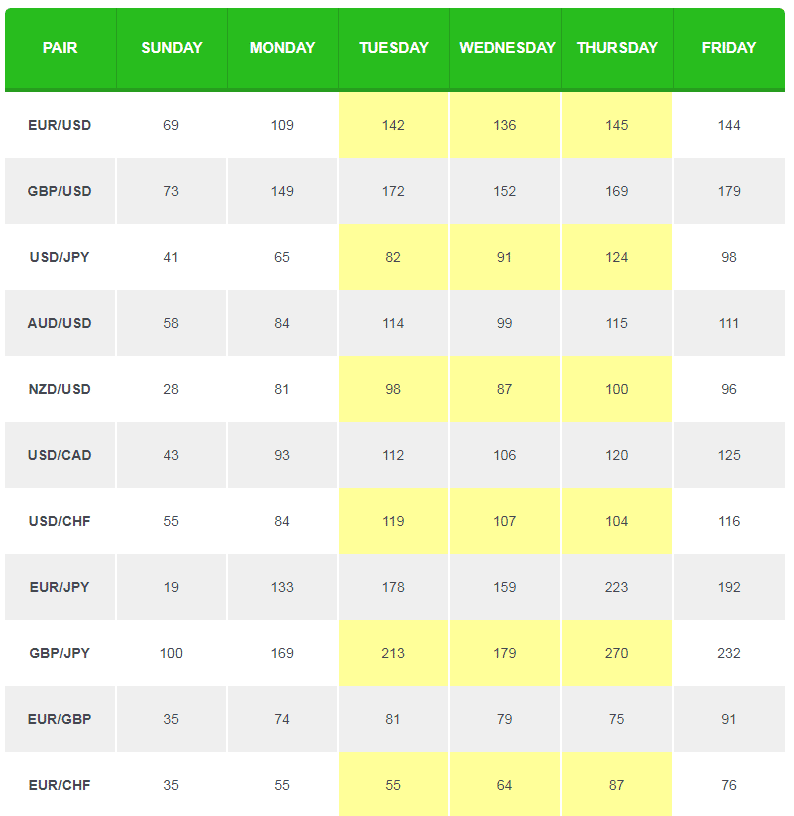
Nathan Strik, the co-manager of the reit fidelity fund, has helped the fund raise Rs 1,125 crore. The funds are expected to pay redemption proceeds in cash. Typically, the funds satisfy redemption requests by using available cash or by selling portfolio securities. In certain circumstances, they may borrow from another fund or from other financial institutions using reverse repurchase agreements. These transactions can occur in normal market conditions. These transactions can lead to unintended consequences like a limitation on the cash that Funds may borrow.
reit fidelity raises Rs 1,125 crore
Mindspace Business Parks REIT, a real-estate investment trust, is supported by Blackstone and K Raheja Corp. The company plans on raising Rs 4,500 million through a public sale and a fresh issuance. Already, the company has received Rs 1,125 crore in commitments at Rs 275 per shares. The company plans to sell the remaining shares to strategic investors. It is expected that the public issue will begin on July 27,

Nathan Strik is comanager
The fund's co-managers include Nathan Strik, who has been managing other funds since August 2018. He joined Fidelity Investments 2002 and has been involved in portfolio management as well as research. The fund's statement provides additional information that includes his compensation, any other accounts he managed, and the shares he owns. Statement of additional information also lists the fund's investment objectives and risk factors as well as performance measures.
Redeemable proceeds from funds in cash
Sometimes, redemption proceeds from mutual funds are paid in cash instead of in securities. Some funds offer bank wire redemption options. Investors must provide information about their bank account at least 30 days prior to their first redemption request. It takes approximately two days. All requests are processed within two days. The funds are then sent to your account on day 2. Dividends, capital gains, and other dividends are paid every so often. You have the option of receiving them by check or wire. Automatic deposits to your local bank account are also available.
Funds could borrow from other fund
Reit fidelity funds may borrow from other fund companies in order to make investments in real estate. This means that the investment may not be as liquid as its underlying securities. They cannot be traded on a stock exchange and may have a long settlement time. These funds can be risky and are best for long-term investors. Investors should also be aware of the risks associated with borrowing from other funds.

Funds could use reverse repurchase arrangements
Reverse repurchase agreements are a type of financial contract between two parties in which one party agrees to purchase a security at a certain price in the future. The fair market value in cash invested in the security must equal or exceed that of the collateral. These agreements may be bilateral or centrally cleared. Reverse repurchase agreements can be used by fund managers to limit credit risk.
FAQ
What's the role of the Securities and Exchange Commission (SEC)?
SEC regulates securities brokers, investment companies and securities exchanges. It enforces federal securities laws.
What is the trading of securities?
Stock market: Investors buy shares of companies to make money. Shares are issued by companies to raise capital and sold to investors. Investors then sell these shares back to the company when they decide to profit from owning the company's assets.
Supply and demand determine the price stocks trade on open markets. When there are fewer buyers than sellers, the price goes up; when there are more buyers than sellers, the prices go down.
There are two options for trading stocks.
-
Directly from your company
-
Through a broker
Are bonds tradable?
The answer is yes, they are! They can be traded on the same exchanges as shares. They have been trading on exchanges for years.
The main difference between them is that you cannot buy a bond directly from an issuer. They can only be bought through a broker.
This makes it easier to purchase bonds as there are fewer intermediaries. You will need to find someone to purchase your bond if you wish to sell it.
There are many types of bonds. Some pay interest at regular intervals while others do not.
Some pay interest quarterly while others pay an annual rate. These differences make it possible to compare bonds.
Bonds are very useful when investing money. If you put PS10,000 into a savings account, you'd earn 0.75% per year. If you were to invest the same amount in a 10-year Government Bond, you would get 12.5% interest every year.
If you were to put all of these investments into a portfolio, then the total return over ten years would be higher using the bond investment.
What is a REIT?
A real estate investment Trust (REIT), or real estate trust, is an entity which owns income-producing property such as office buildings, shopping centres, offices buildings, hotels and industrial parks. They are publicly traded companies that pay dividends to shareholders instead of paying corporate taxes.
They are similar in nature to corporations except that they do not own any goods but property.
What is security in a stock?
Security is an investment instrument whose worth depends on another company. It can be issued as a share, bond, or other investment instrument. If the asset's value falls, the issuer will pay shareholders dividends, repay creditors' debts, or return capital.
What are the benefits of stock ownership?
Stocks have a higher volatility than bonds. The stock market will suffer if a company goes bust.
But, shares will increase if the company grows.
For capital raising, companies will often issue new shares. This allows investors to buy more shares in the company.
To borrow money, companies use debt financing. This allows them to borrow money cheaply, which allows them more growth.
When a company has a good product, then people tend to buy it. As demand increases, so does the price of the stock.
As long as the company continues to produce products that people want, then the stock price should continue to increase.
Statistics
- The S&P 500 has grown about 10.5% per year since its establishment in the 1920s. (investopedia.com)
- Ratchet down that 10% if you don't yet have a healthy emergency fund and 10% to 15% of your income funneled into a retirement savings account. (nerdwallet.com)
- "If all of your money's in one stock, you could potentially lose 50% of it overnight," Moore says. (nerdwallet.com)
- Even if you find talent for trading stocks, allocating more than 10% of your portfolio to an individual stock can expose your savings to too much volatility. (nerdwallet.com)
External Links
How To
How to Trade Stock Markets
Stock trading refers to the act of buying and selling stocks or bonds, commodities, currencies, derivatives, and other securities. The word "trading" comes from the French term traiteur (someone who buys and sells). Traders trade securities to make money. They do this by buying and selling them. This is the oldest type of financial investment.
There are many different ways to invest on the stock market. There are three main types of investing: active, passive, and hybrid. Passive investors do nothing except watch their investments grow while actively traded investors try to pick winning companies and profit from them. Hybrid investors use a combination of these two approaches.
Index funds track broad indices, such as S&P 500 or Dow Jones Industrial Average. Passive investment is achieved through index funds. This method is popular as it offers diversification and minimizes risk. Just sit back and allow your investments to work for you.
Active investing means picking specific companies and analysing their performance. The factors that active investors consider include earnings growth, return of equity, debt ratios and P/E ratios, cash flow, book values, dividend payout, management, share price history, and more. They will then decide whether or no to buy shares in the company. They will purchase shares if they believe the company is undervalued and wait for the price to rise. On the other hand, if they think the company is overvalued, they will wait until the price drops before purchasing the stock.
Hybrid investing combines some aspects of both passive and active investing. You might choose a fund that tracks multiple stocks but also wish to pick several companies. You would then put a portion of your portfolio in a passively managed fund, and another part in a group of actively managed funds.